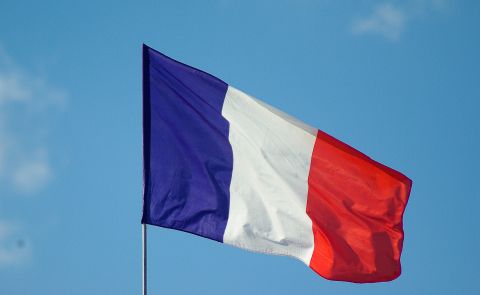
Armenia and Germany Deepen Economic Ties with Focus on Renewable Energy
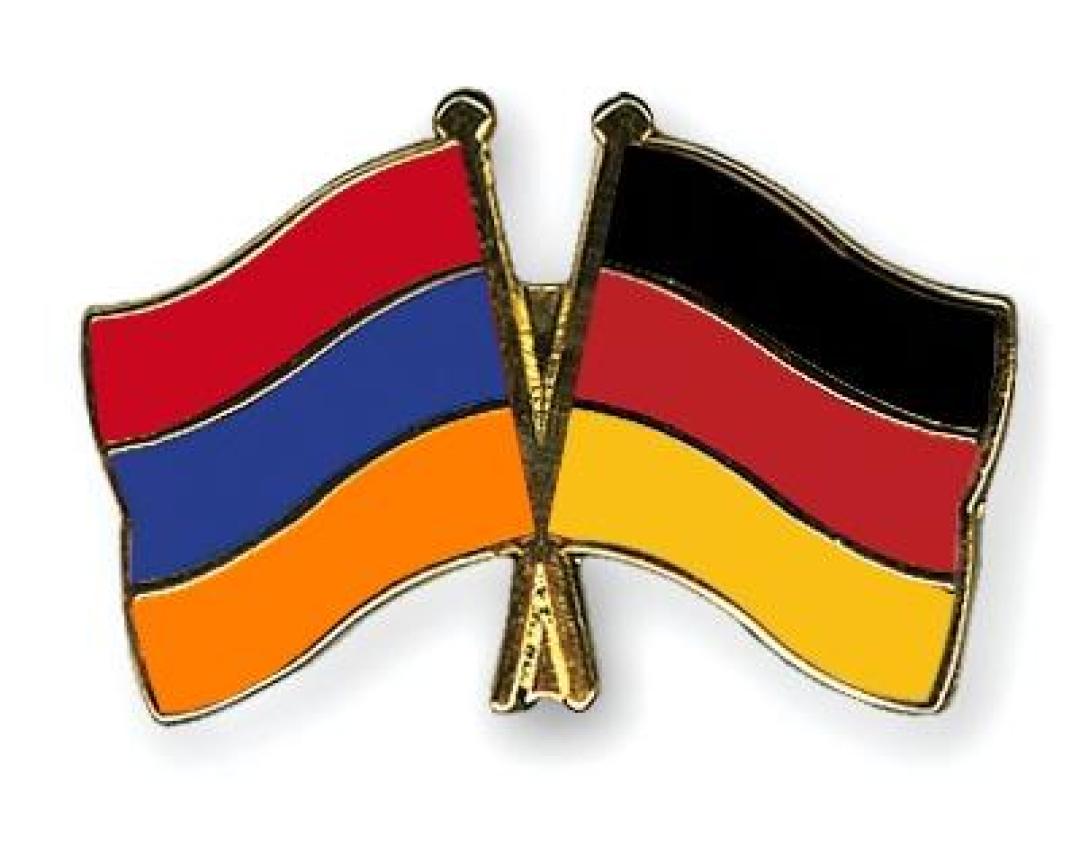
Armenian President Vahagn Khachaturyan and German President Frank-Walter Steinmeier discussed expanding bilateral economic ties, focusing on energy cooperation, during their meeting in Yerevan.
Steinmeier emphasized the progress made in renewable energy collaboration, highlighting not just wind energy but also the potential of hydrogen energy. He stressed the need for infrastructure development to support renewable energy generation and transportation. "If Armenia can establish such infrastructure, we welcome it," he stated.
Khachaturyan noted that Germany remains Armenia’s top trade partner within the EU. He highlighted ongoing projects, including Armenia’s collaboration with German financial institution KfW to complete a new pipeline to Georgia. Discussions also covered Armenia’s potential role in the Black Sea Energy Submarine Cable project, which aims to connect South Caucasus electricity networks to Europe.
“Currently, green energy constitutes about 40% of Armenia’s energy balance, and this share will continue to grow. We will also have surplus electricity, which we need to export,” Khachaturyan said, expressing hope that German and EU partners would support Armenia’s integration into the initiative.
Beyond energy, the leaders also discussed cooperation in high technology, with Khachaturyan emphasizing Armenia’s potential to contribute to the EU’s evolving economic strategies.
Armenia and Germany also signed a financial cooperation agreement, strengthening bilateral economic ties. The signing ceremony took place at the Armenian presidential residence, with Armenian Minister of Economy Gevorg Papoyan and German Ambassador to Armenia Claudia Busch representing their respective governments.
This agreement marks a significant step in enhancing economic collaboration between the two countries, reinforcing Germany’s role as one of Armenia’s key economic partners.
See Also


Armenia Strengthens Ties with Council of Europe
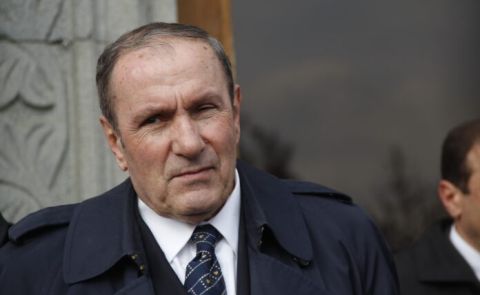
Former Armenian President Labels Pashinyan a Traitor and Blasphemer
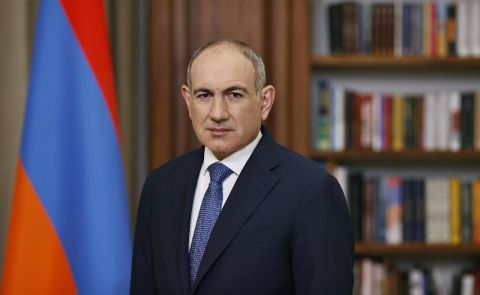
Pashinyan Addresses Key Issues on Church, National Future, and Fund Allegations
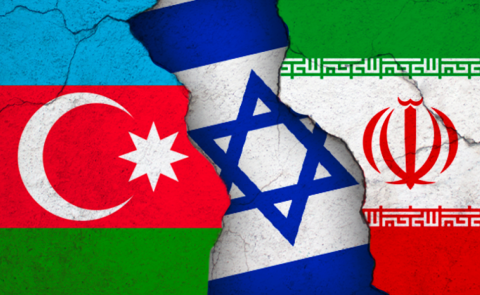
Azerbaijan Calls for 'Dialogue and Diplomatic Resolution' Between Israel and Iran
